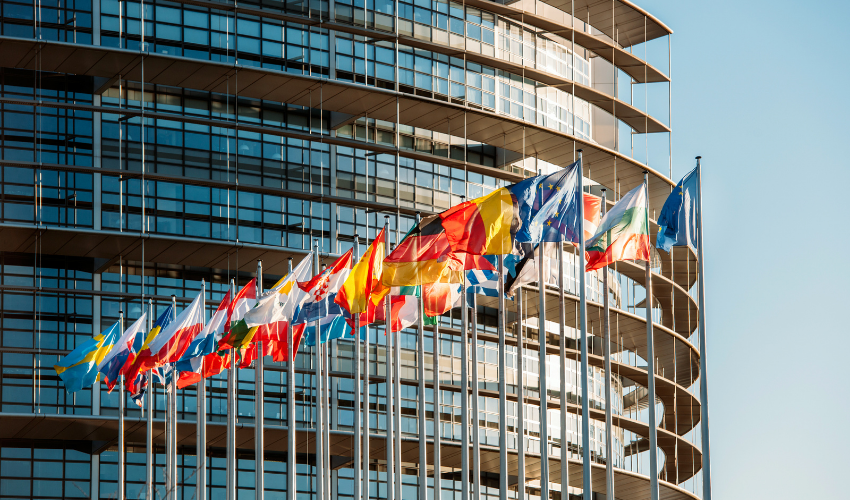
EU Cohesion Can Be Strengthened by the Principle of Health Solidarity
ACCORDING TO A PAPER BY PAOLA MARIANI, THE PRINCIPLE OF HEALTH SOLIDARITY SHOULD BE ACCEPTED AND DEVELOPED IN CASE OF AN EMERGENCY SITUATIONTo what extent does an emergency situation allow member states of the European Union to restrict, on their own initiative, exports not only to third countries but especially to other EU countries? The question is more concrete and topical than ever, given that the uncertainty due to the Covid variants persists.
Already during the early phase of the pandemic, Italy and Spain were the first to face a shortage of Personal Protective Equipment (PPE) while France and Germany blocked their exports. Restrictions were also placed on exports to non-EU countries. In the latter case, however, the law requires that it is the European Union that decides the rules and methods of implementing the trade restriction. Conversely, in the case of intra-EU trade, by making use of the derogations allowed by the Treaty, in situations of health emergency, individual EU states can autonomously impose restrictions on exports. This creates the risk of unilateral and uncoordinated actions in what is an integrated market.
For this reason, the paper “The EU Market in Times of a Global State of Emergency: Internal and External Trade Barriers in the Age of Pandemics” by Paola Mariani, Associate Professor of International Law at Bocconi University, suggests that the restrictions on trade that member countries adopt in emergency situations should also be put under the control and coordination of Brussels, by applying the principle of health solidarity.
In fact, according to the paper based on a comparative study of EU regulations and the rules of individual states (EU and non-EU), published in the journal Legal Issues of Economic Integration, the consolidated interpretation that health is solely the responsibility of national states must be reconsidered. In its place, the principle of health solidarity that goes beyond the prerogatives of individual nations should be accepted and developed.
"The European Union has a broader and more organic vision of the individual Member State both in terms of the equitable distribution of PPE and, among other things, of vaccines," explains Mariani. “Furthermore, whenever export restrictions are decided upon, there is a risk of retaliation in trade. And production of PPE, drugs and vaccines takes place through supply chains located in various countries, both within and outside the EU”. Therefore, as it is impossible to exclude a priori new coronavirus emergency situations, according to Mariani it is of central importance to reassess the role of the EU on suspensions of the free movement of goods in health emergency situations affecting intra-EU trade.
by Camillo Papini
